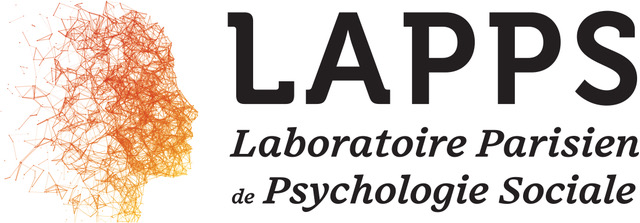Version française / Acutalité du LAPPS - colloques, manifestations scientifiques...
- Unknown label,
Nina Strohminger, (Wharton School de l'Université de Pennsylvanie)Does psychology have experiments?

It is a truth universally acknowledged that the correlational study is inferior to the experiment. The reason, we are told, is that the latter allows for causal inference whereas the former does not. In this talk, I argue that many psychology experiments suffer from the exact same structural flaw that undermines our ability to draw causal inferences in correlational studies. In fact, almost all studies labeled as “experiments” in the social sciences are correlational studies. The problem originates with operationalization: translating abstract concepts into concrete variables necessarily introduces confounds, some of them more substantive than we appreciate. Thus, any experiment that operationalizes its variables—which is virtually all of them, in psychology—is a correlational study, and as such, subject to the same limitations of causal inference.[...]
on the May 19, 2025
Unknown label
BAT MAX WEBER
salle séminaire 2
Nina Strohminger
Associate Professor of Legal Studies & Business Ethics à la Wharton School de l'Université de Pennsylvanie
Does psychology have experiments?
It is a truth universally acknowledged that the correlational study is inferior to the experiment. The reason, we are told, is that the latter allows for causal inference whereas the former does not. In this talk, I argue that many psychology experiments suffer from the exact same structural flaw that undermines our ability to draw causal inferences in correlational studies. In fact, almost all studies labeled as “experiments” in the social sciences are correlational studies. The problem originates with operationalization: translating abstract concepts into concrete variables necessarily introduces confounds, some of them more substantive than we appreciate. Thus, any experiment that operationalizes its variables—which is virtually all of them, in psychology—is a correlational study, and as such, subject to the same limitations of causal inference. I present evidence that this misperception about experiments is currently widespread amongst psychologists. However, ability to infer causation is not an all or nothing game. Methodologists have long recognized that correlational designs can allow for some degree of causal inference, depending on what is being measured. And so it is with experiments. Rather than give up on the project of inferring causality from our empirical work, we should attend to the factors that allow for stronger or weaker causal inference. I conclude that we need to adjust our beliefs about what kinds of conclusions our studies have the power to provide. This includes downgrading the experiment as a fetish object (since true experiments, in psychology, are a logical impossibility) and giving more space to correlational studies. For we are all correlationists, whether we realize it or not. The standard for causal inference in psychology cannot be “Is it an experiment?” but “How well have the confounds been addressed?”
Updated on 02 février 2026

